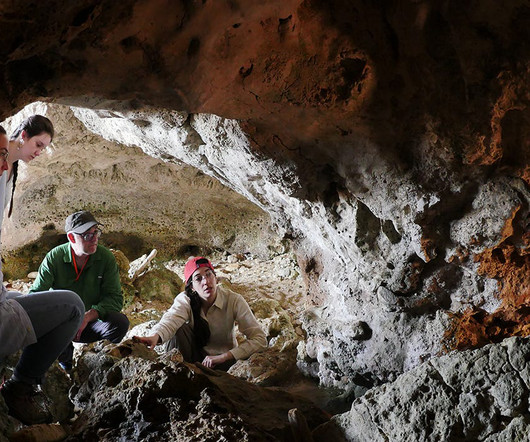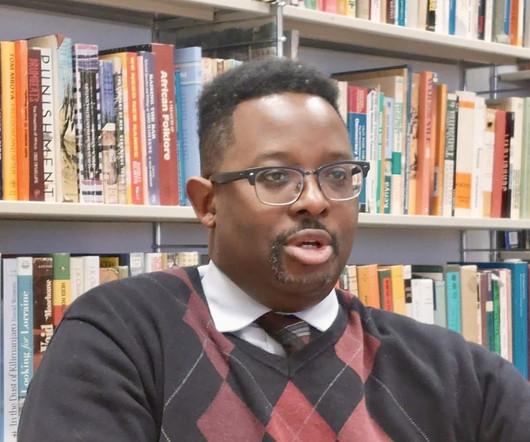OPINION: Studying humanities can prepare the next generation of social justice leaders
The Hechinger Report
MARCH 8, 2022
Humanities professors across the country have ceaselessly lamented the precipitous decline in undergraduate humanities majors in recent years. During the decade following the Great Recession of 2008, the number of humanities bachelor’s degree recipients fell by a whopping 14 percent — from a peak of about 236,000.












Let's personalize your content